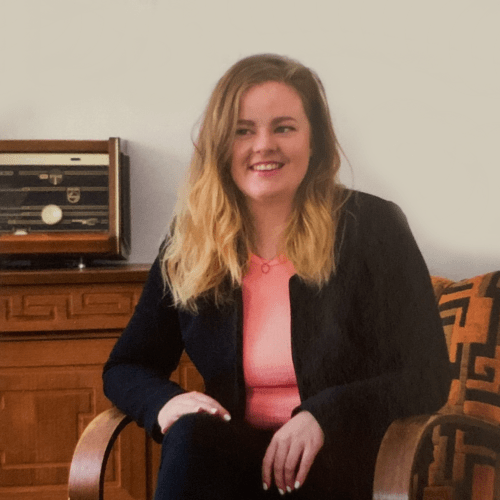
Tinna Eik Rakelardóttir
@tinnaeik
images:
Stefanía Emils
@stefaniaemils
stemils.cargo.site
Ósk Sigurðardóttir is the CEO and founder of TravAble as well as being the CEO of Sjálfsbjörg – the national federation of physically disabled people in Iceland. TravAble is an app that gives physically disabled people information about the accessibility to different buildings. The information comes from the users of the app and are in the form of reviews about the accessibility of each building.
Ósk says that the idea behind TravAble has a long beginning as since she was a teenager she’s been noticing how not everywhere is not accessible to everyone and she’s been surprised about how our environment excludes a part of our society from taking part in it. It was however not until she got her MPM project management masters from the University of Reykjavík that she got an opportunity to develop an idea that was related to these thoughts, and she and her group in one of her classes did an assignment together that became the foundation for TravAble.
In spite of the project ending up closed up in a drawer somewhere, like many school projects, Ósk’s passion for the project was always at the back of her mind. Later, she received an e-mail about NILC-Nordic Independent Living Challenge, and asked her group to participate in the competition with her. Two of them agreed and together they were granted access to a kind of a startup accelerator program where they were mentored on the next steps of the company. They got to the semi-finals of the accelerator and got a confirmation that their idea was sorely needed.
During the accelerator they produced a lot of materials that were ideal for grant proposals and after it they decided to officially start the company and start applying for grants. Through one of those proposals they became the first socially focused startup to get the business grant from RannÍs, called Sproti.
“We were very happy about that because we didn’t have a clear business plan at that point, we just knew we wanted to do good things, and that we wanted to create a solution that was free for users.”
The problem that TravAble wants to solve is really to have some part in removing some of the obstacles that society puts in the way of physically disabled people. They felt that a central and accessible source was needed. A source that would make it easier for people to find, and search for information about the accessibility of buildings, and that would remove, partially or completely, the accessibility anxiety that physically disabled people can feel when they visit new places.
“Many times people have to search all over the place for information, you know, people call companies and restaurants before they show up, they try to look at photographs, maybe they even send someone to the location to try and figure out if they can definitely get inside. So there is a ton of work that goes towards finding out if you can get inside buildings.”
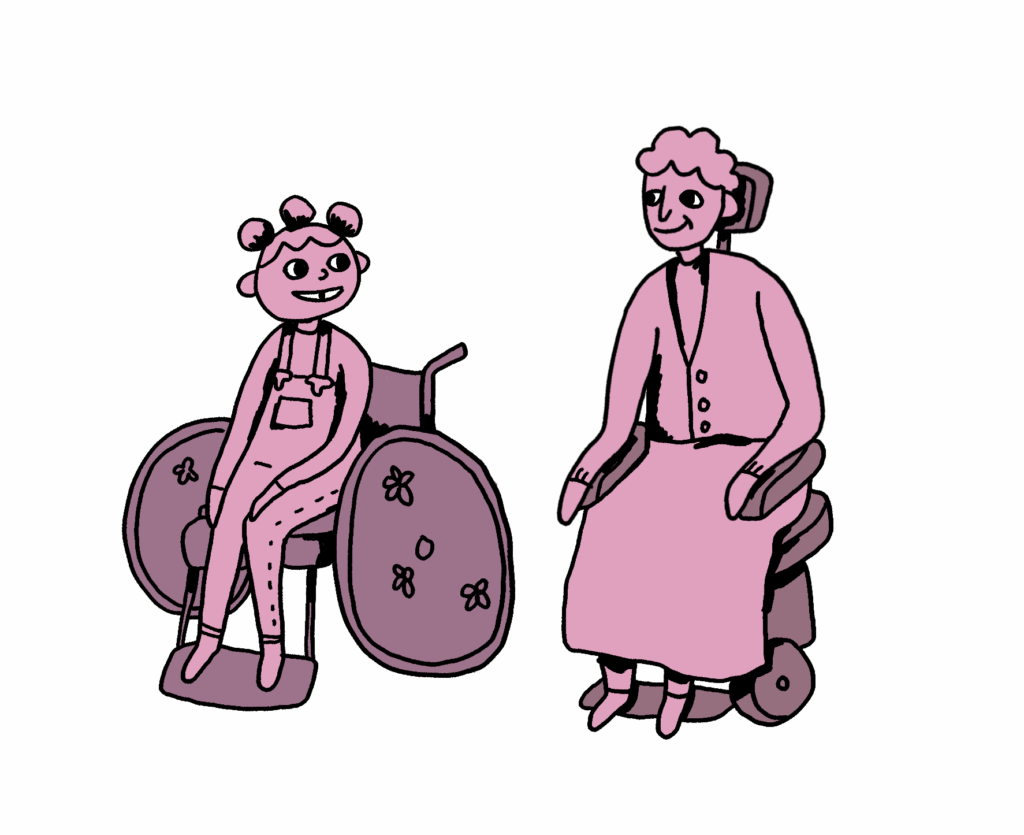
There were a lot of discussions throughout the process, about what information should be included in the app and to narrow it down they proceeded to begin a collaborative relationship with a group of physically disabled people that served as testers. That collaboration led to reports about all things relevant to the app and it’s usability.
Ósk says that collaboration with disabled people is the foundation of the formative work around the app and to emphasize she quotes the motto of Öryrkjabandalagið (e. The Icelandic Disability Alliance): “Nothing about us, without us” (isl. „Ekkert um okkur án okkar“.)
“It’s of course very important that it isn’t us, the non-disabled people, try to pretend to know what is best for disabled people, it just doesn’t work that way. So we are really trying to get to the problem from the perspective of physically disabled people, to show them what matters to them and to make it easy and manageble.”
Since TravAble was founded a lot of awareness has been raised when it comes to accessibility and today TravAble has registered reviews all over Iceland and in 35 additional countries all over the world. Contracts have been made with Reykjavík, Garðabær, Hafnarfjörður and most recently with Árborg (Selfoss, Eyrarbakki and Stokkseyri). Additionally a collaborative relationship is maintained between TravAble with the World Federation of Occupational Therapists, Council of Occupational Therapists for European Communities and Public Health Europe.
The collaboration mostly revolves around making reports about the accessibility of buildings in different municipalities, to teach people how to use the app effectively and to introduce it to occupational therapists, physical therapists and more that can introduce the app to their relevant clients etc. Additionally TravAble has been collaborating with Hitt Húsið – Center for Young People, where a group of disabled kids have been gotten a summer job for the past four years, uploading accessibility information to the app. This has been proven to be very effective and the kids really enjoyed it as well.
By creating the app, alongside other projects intended to improve accessibility that are in the works, the hope is that disabled people in Iceland will be more visible than before.
Disabled people is a much larger group than most realise, according to research that TravAble did, the number of wheelchair users in the Nordics in 2017 was around 7-800.000. Additionally it can be assumed that good accessibility and information about accessibility can be of use for people that have a difficult time walking, the elderly, and the friends and families of those groups. These groups are always getting larger and larger and the demands we as a society have, will always get bigger. One of those demands being that universal design will be the standard in modern buildings and that accessibility will be ensured for all.
When it comes to tips for other entrepreneurs, Ósk says that participation in startup accelerators and/or courses is the key to getting an idea or a concept going. After taking part in an accelerator she says that many can feel like they are left alone with their idea and at that point it’s vital to not be afraid to reach out to other people, to go through trials, to take meetings, to put together a concrete list of people you’re interested in presenting your idea to and to go to conferences.
Additionally she mentions that you have to be precise and thorough when it comes to grant applications, to write good text, do your prep-work and build a good business model, as hard as that can be. You need to think about how the company will make money, or at least how it will be sustainable. Even though you might be running a social enterprise it always has to be sustainable, it’s impossible to pay out of your pockets to sustain the company in the long run. Think about how you intend on paying for your domain, the accountant, the hosting of your app, the programmer when there are bugs etc. What is also essential is that someone within the team has a real passion for the project.
“You might get some great people to work with you, but it’s not guaranteed that everyone of them will have the same fighting spirit when it comes to it, as you have. Pick good people but keep the company close to heart. And be ready to rise and fall with it.”
Ósk further emphasizes good team building and says: “Talking about the team, it also matters a lot, things like, I’m not a specialised programmer, I know nothing about marketing, not a thing, you need to make sure to pick a good team to get the app started but it’s also important to get people onboard that has knowledge that we had to get. You can’t do it alone. On every grant application the idea can appear amazing, but if it’s just you alone, and you intend on doing it all alone you won’t get the grant because everyone knows you can’t do it alone. So: The team – get great people on your team that know everything you’re not an expert on yourself”.
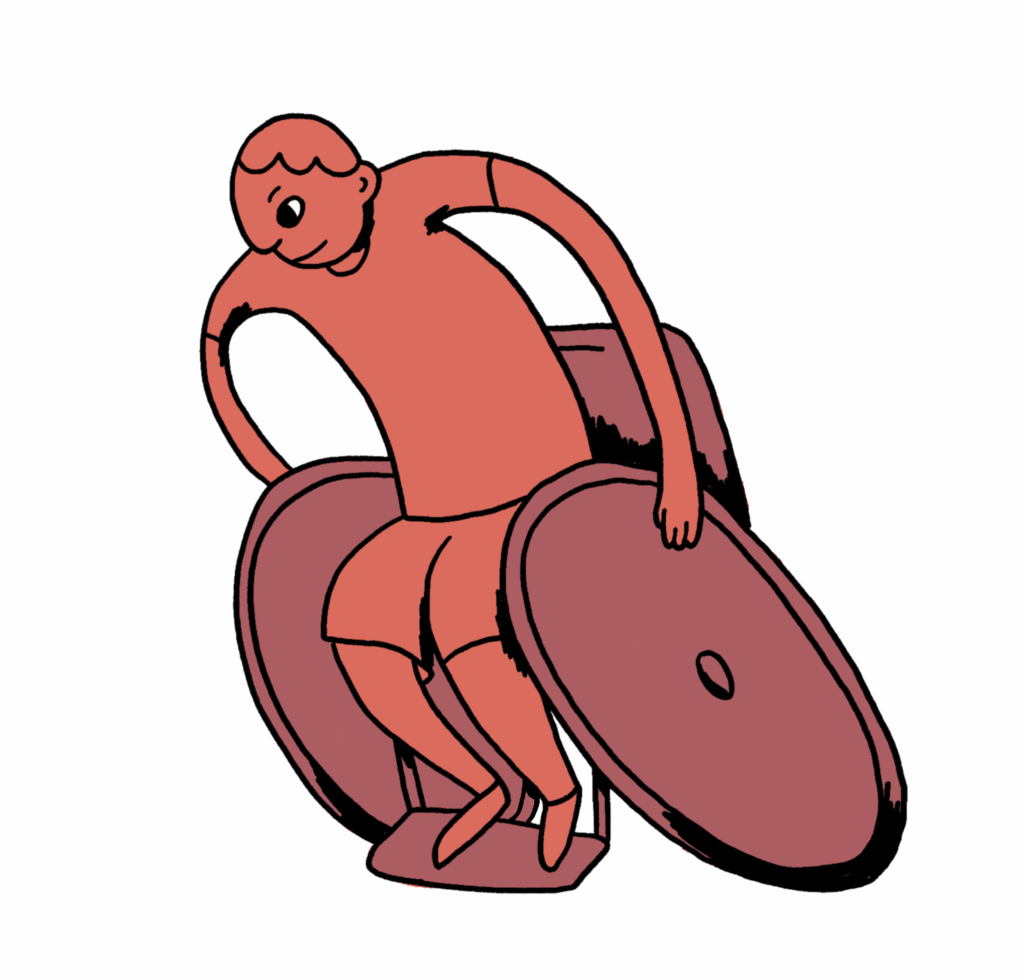
Finally ósk talked about the difference that can form between social innovation and other kinds of innovation. “There hasn’t been a lot of focus on social companies in Iceland, you need to show that you will be making money tomorrow and we weren’t there in any way.” There are socially focused grants out there, it’s Landsbankinn and Efla and Landsvirkjun and more companies, but they offer lower grants than the more traditionally focused grants. It’s often just about 250.000kr. they offer and you don’t do a lot for that amount of money. Funds that give bigger grants also often pay out in an inconvenient manner.
Ósk wants more companies and organisations that need social innovation solutions to fund and support social startup companies. As an example she mentions that Reykjavík could start an accelerator for social startups and companies that would work on solving problems that the city didn’t have the resources to solve on it’s own.
Value creation of new companies is often assessed based on it’s financial profits but the value creation of TravAble is very diverse. The company is not run with financial profits as a goal but it’s income comes from making deals with municipalities and other organisations that pay for their services. Ósk mentions that it seems to be a trait common in those that work within social innovation that they have a hard time putting a price on their services. But even though companies like TravAble are not for-profit, they still have to have an income.
The main value creation is related to the goal of TravAble, which is to make an effort to increase the social activities of physically disabled people, get them to go out more and decrease isolation, possibly alongside that social- and medical services can also be decreased by getting people to go out and do fun things, and then services and entertainment accessible for physically disabled people will eventually increase. The value creation doesn’t only profit the company and its owner, but all of society, so that we can all be here and enjoy participating in everyday life.
Do you support Vía?
Vía counts on your support. By subscribing to Vía you contribute to the future of a medium that specializes in, and puts emphasis on equality and diversity.
Vía, formerly known as Flóra, was founded 4 years ago for critical readers that want to dive underneath the superficial layer of social discussion and see it from an equality, inclusion, and diversity perspective.
From the beginning, Vía has covered urgent societal topics and published issues and articles that have shone a light on inequality, prejudice, and violence that exist in all layers of society.
We emphasize publishing stories from people with lived experiences of marginalization.
Every contribution, big and small, enables us to continually produce content aimed to educate and shine a light on hidden inequalities in society, and is essential for our continuing work.
Support Vía
Equality and innovation - Just consulting
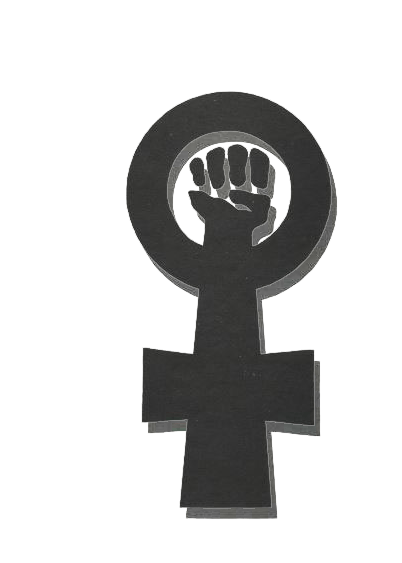

My Right to Exist
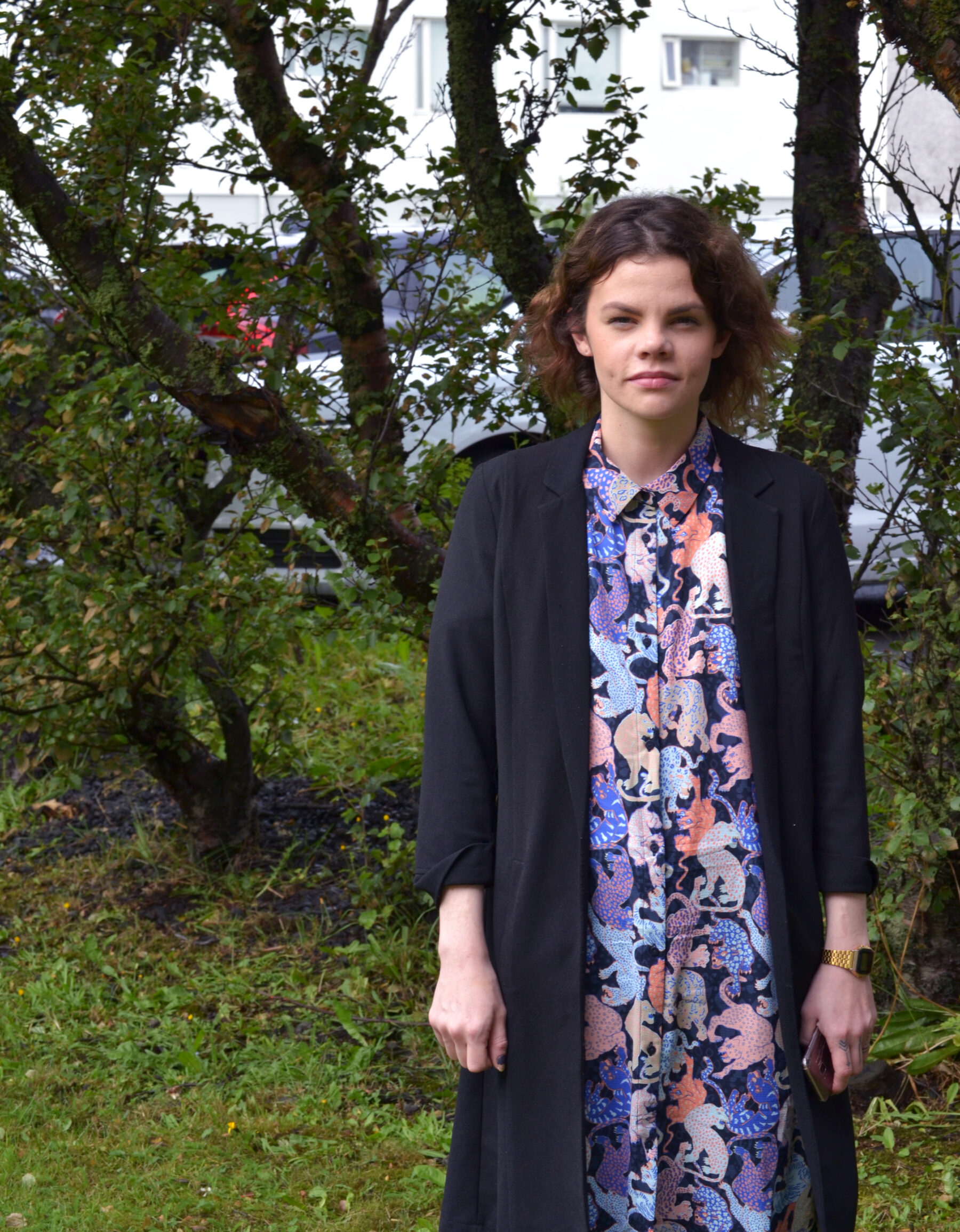

Forréttindapésar: Ekki biðja mig að vinna vinnuna þína
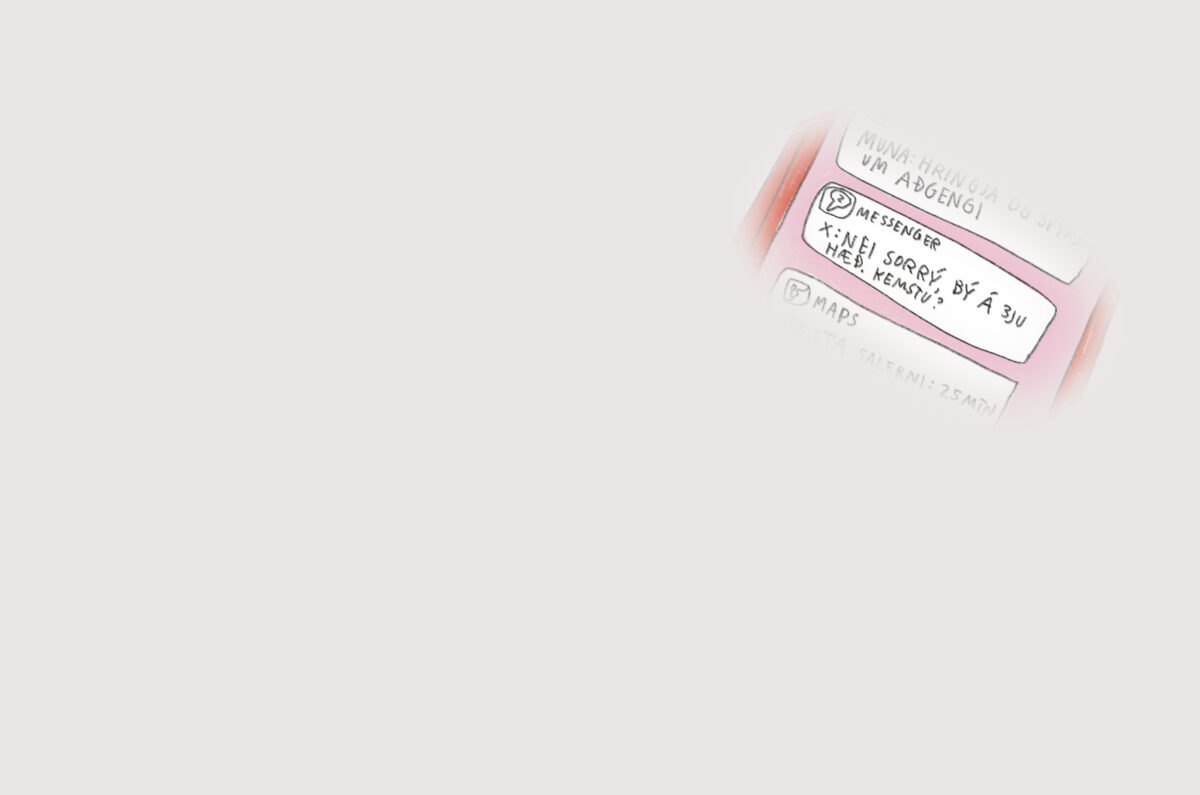
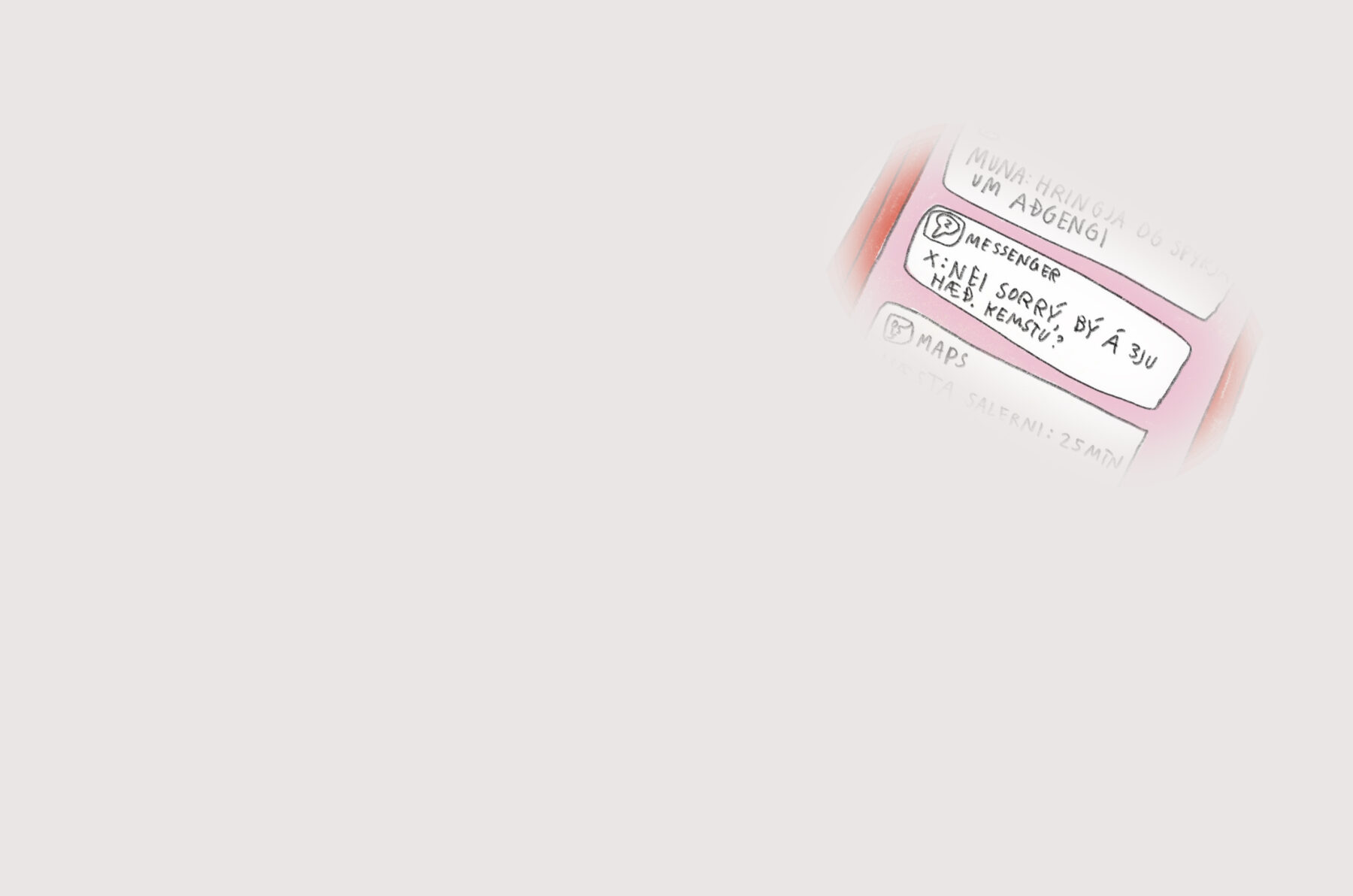
The woman behind GeoSilica: Fida Abu Libdeh
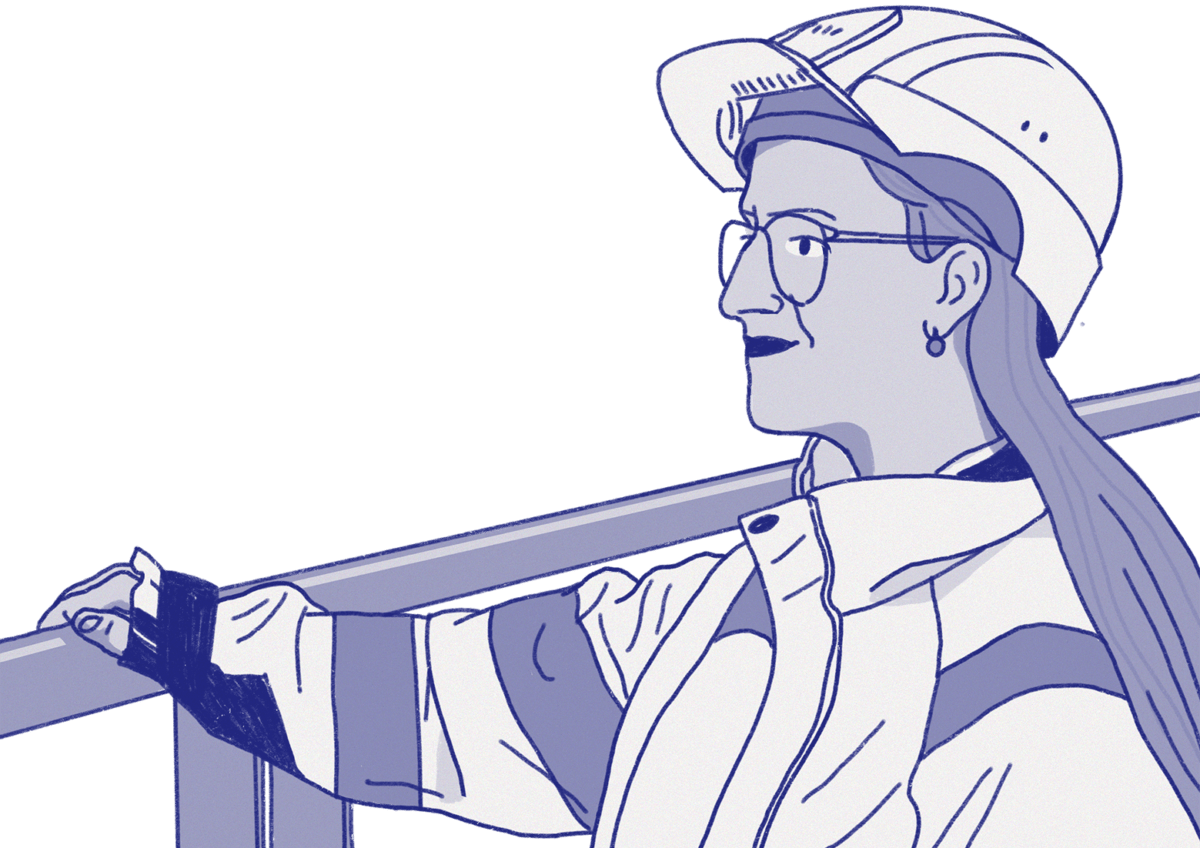
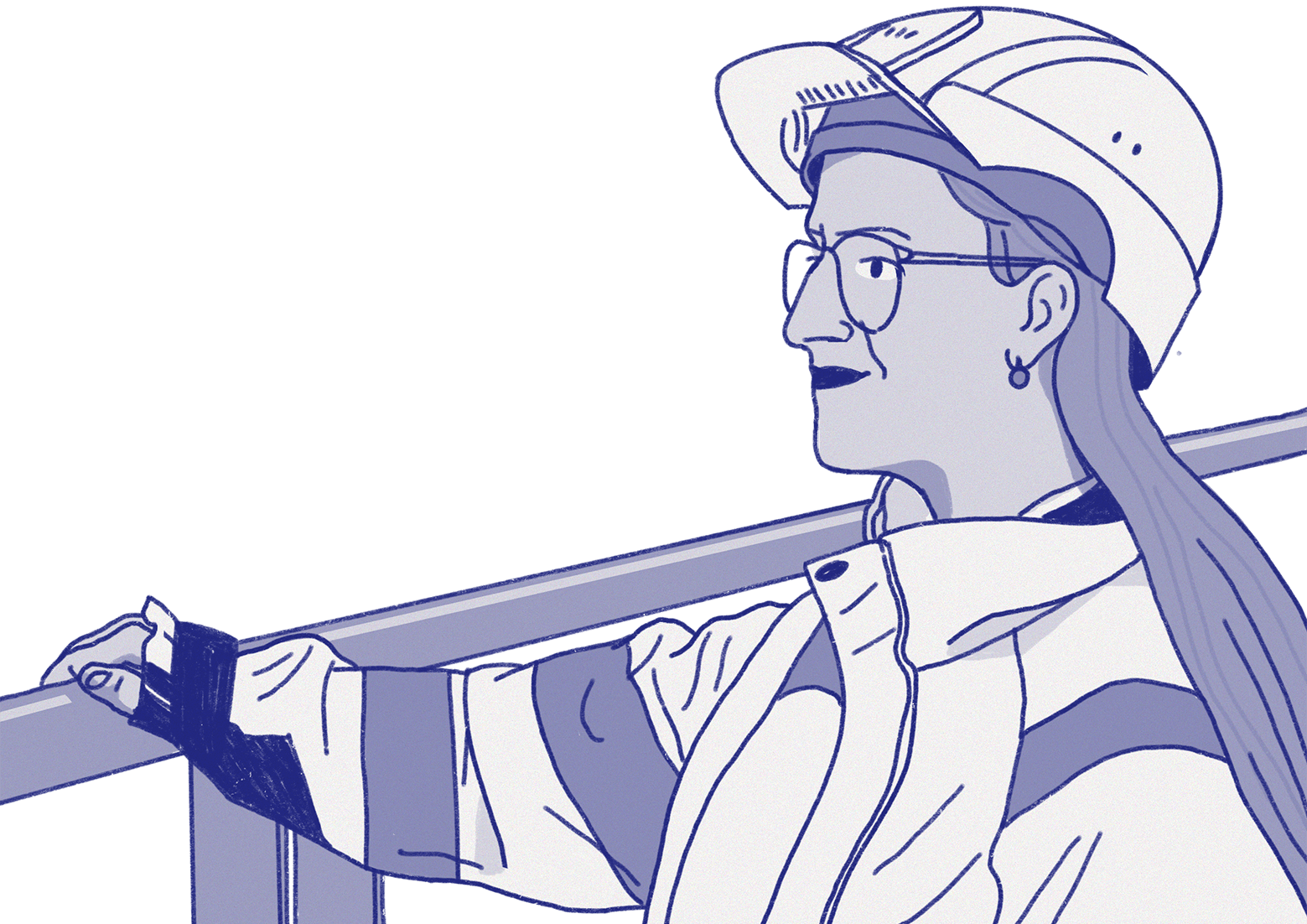
Read more about...